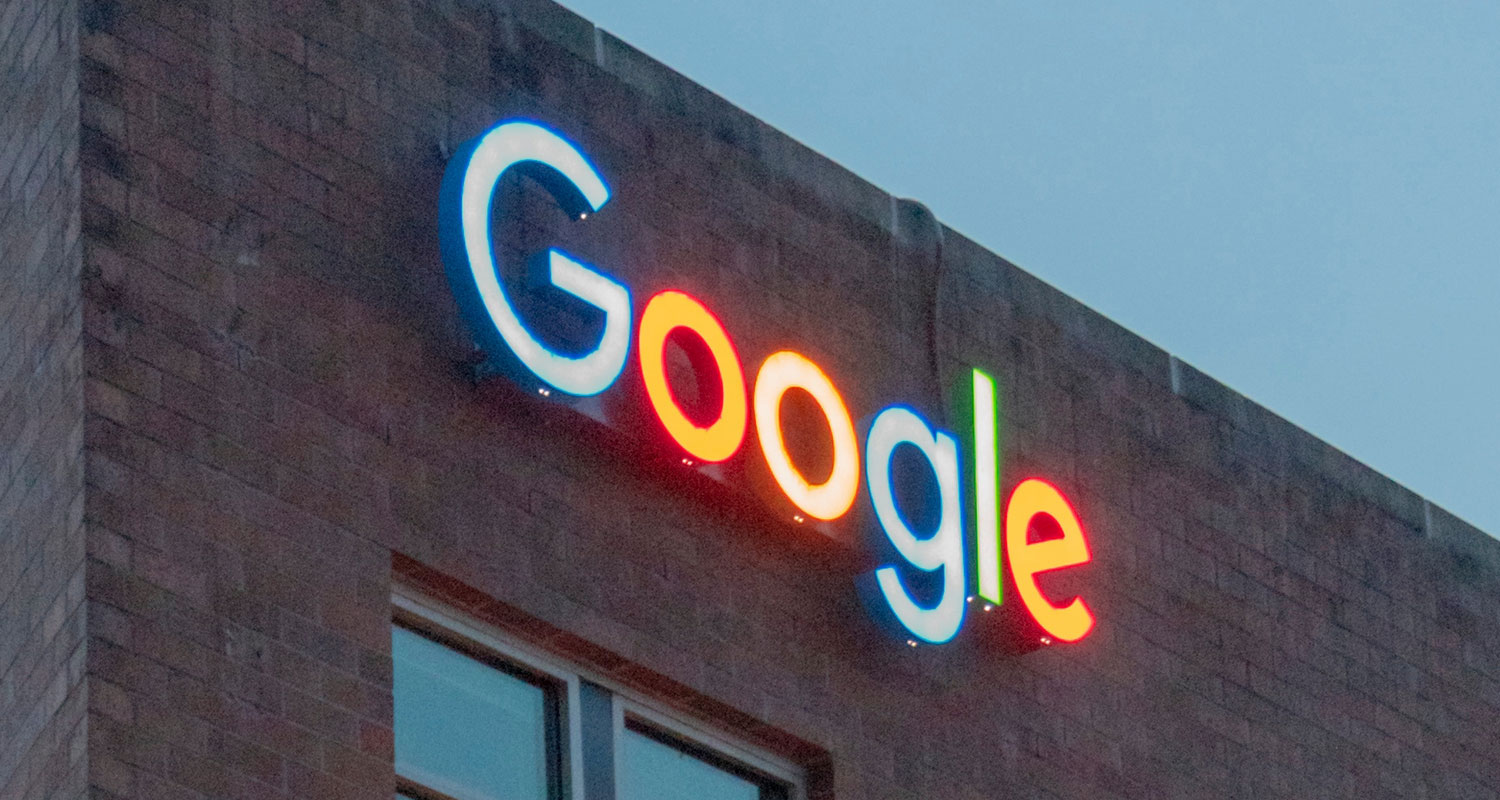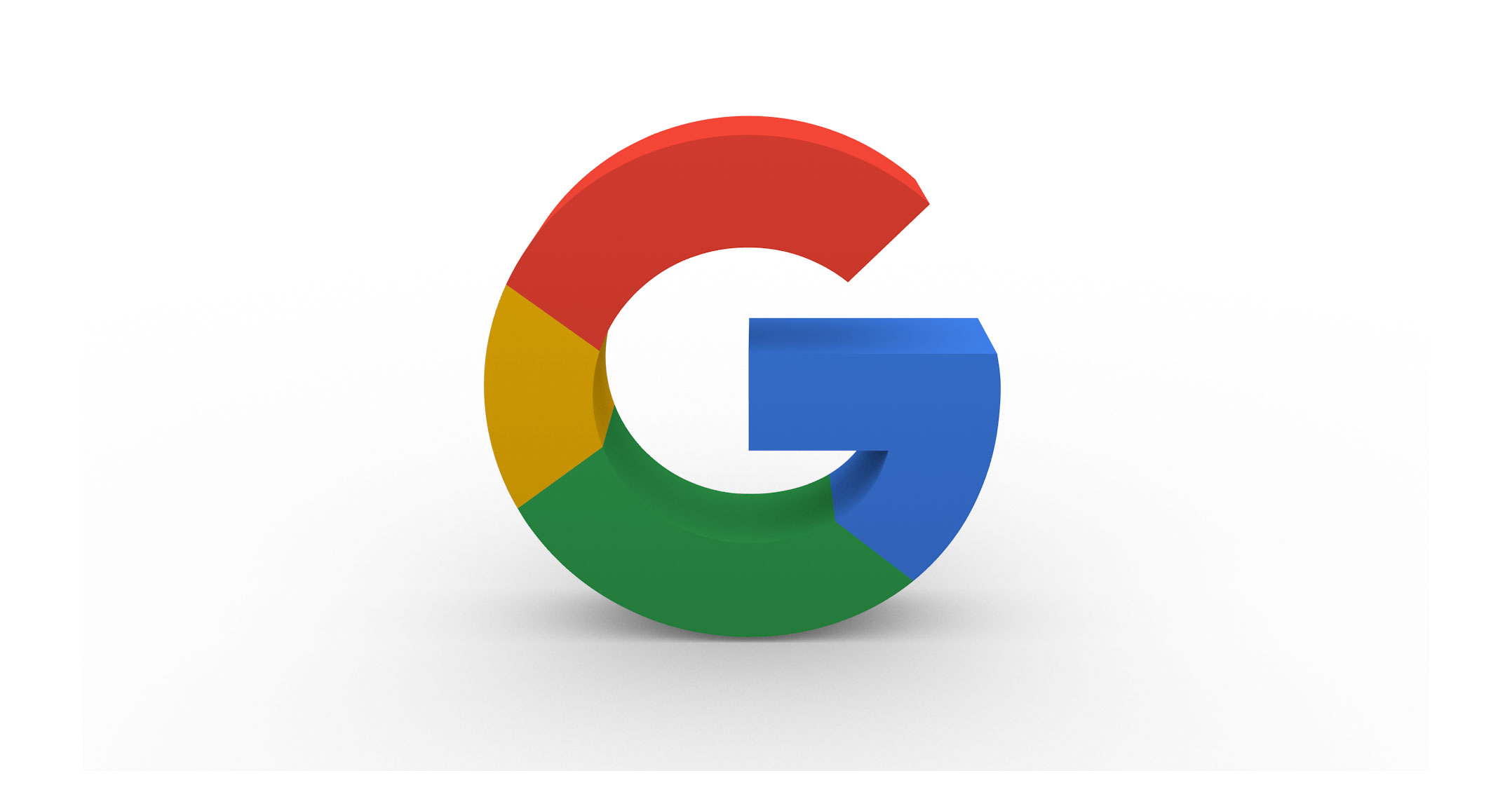 The Competition Commission has proposed imposing radical changes to Google’s search results in South Africa that go to the heart of the US Internet giant’s business model.
The Competition Commission has proposed imposing radical changes to Google’s search results in South Africa that go to the heart of the US Internet giant’s business model.
This includes forcing Google to make it much clearer to South African users which search results are paid for and even possibly ending its status as the default search engine on smartphones sold in the country.
The commission on Wednesday released the provisional findings of its “online platforms market inquiry”, some of which could have a big impact on major in players the online ecosystem in South Africa.
Google has garnered particular attention from the commission, with specific proposed recommendations affecting the search and online advertising behemoth.
“The inquiry has provisionally found that Google Search plays an important role in directing consumers to the different platforms, and in this way shapes platform competition,” the commission said in a statement.
“The prevalence of paid search at the top of the search results page without adequate identifiers as advertising raises platform customer acquisition costs and favours large, often global platforms. Preferential placement of their own specialist search units also distorts competition in Google’s favour.”
As a result, the inquiry has found provisionally that paid search results be “prominently labelled as advertising, with borders and shading to be clearer to consumers, and that the top of the page is reserved for organic, or natural, search results based on relevance only, uninfluenced by payments”.
Direct aim
By proposing this change, the Competition Commission is taking direct aim at the heart of Google’s business model, which is premised on delivering keyword-based advertising and delivering relevant advertising at the top of search results. It’s precisely this model that has made Google a global giant in advertising. Paid-for results are already marked “Ad”, but it’s clear the commission wants to make the factor that results are sponsored much clearer to end users.
The commission hasn’t stopped there. The inquiry has also recommended that Google “allows competitors to compete for prominence in a search by having their own specialist units and with no guaranteed positions for Google specialist units”.
“The inquiry is also exploring whether the default position of Google Search on mobile devices should end in South Africa,” it added.
 Publication of the provisional findings comes after 14 months of “evidence gathering, public hearings and in-camera hearings into online intermediation platforms, including e-commerce, app stores, travel and accommodation platforms, food delivery, and online classifieds”, the commission said.
Publication of the provisional findings comes after 14 months of “evidence gathering, public hearings and in-camera hearings into online intermediation platforms, including e-commerce, app stores, travel and accommodation platforms, food delivery, and online classifieds”, the commission said.
“The purpose of the inquiry has been to identify market features that have adverse effects on competition among platforms, between businesses using these platforms, and the participation of SMEs and historically disadvantaged persons (HDPs) as both platforms and business users.” — © 2022 NewsCentral Media




